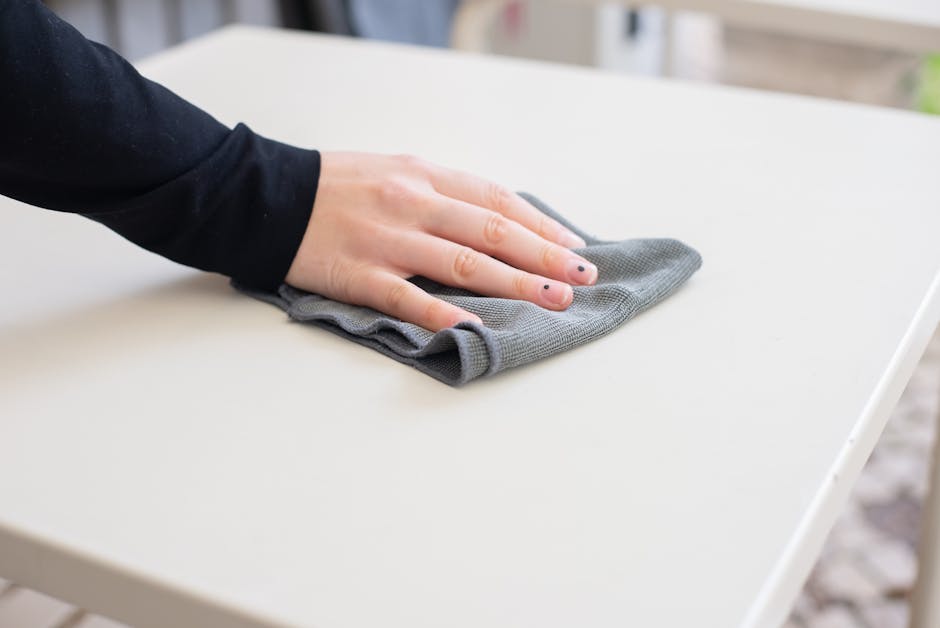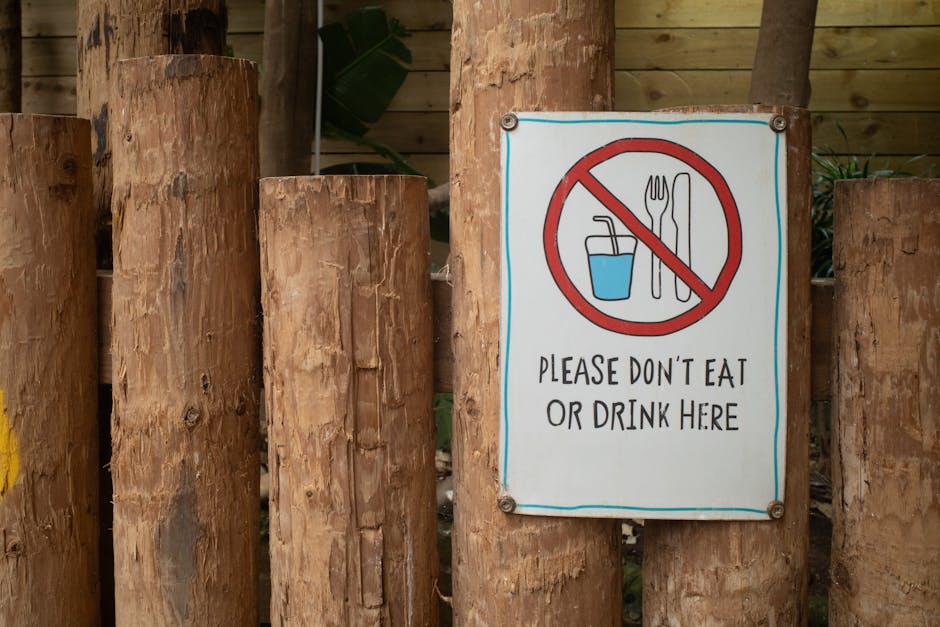Visa Rules for Hiring Hygiene Workers
Understanding Saudi Visa Requirements for Restaurant Staff
Firstly, restaurant owners must recognize that hygiene workers fall under specific visa categories. The Saudi government mandates strict criteria to ensure public health and safety standards. Therefore, employers must verify both professional qualifications and health certifications. Additionally, the Ministry of Human Resources and Social Development (MHRSD) and the Ministry of Interior (MOI) oversee these regulations. For instance, a valid medical check-up from an accredited facility is non-negotiable. Furthermore, background checks and clear criminal records are essential components of the application.
Key Eligibility Criteria for Hygiene Worker Visas
Specifically, the eligibility requirements for these positions are multifaceted. Applicants must typically be between 25 and 55 years old. They must possess relevant experience or training in hygiene or cleaning services. Moreover, they need to pass a medical examination for infectious diseases. The employer must also demonstrate financial stability and compliance with Saudi labor laws. Importantly, the restaurant must have no outstanding violations or unpaid fees.
Step-by-Step Process for Obtaining Hygiene Worker Visas
Next, let’s break down the actual application process into manageable steps. The procedure involves multiple government platforms and careful documentation.
Step 1: Qualification Verification and Document Collection
Begin by verifying the worker’s professional qualifications and personal documents. Essential documents include:
- Passport with minimum 6 months validity
- Professional training certificates in hygiene or cleaning
- Medical fitness certificate from approved health center
- Police clearance certificate from home country
Step 2: Ministry of Labor Authorization
Then, submit a request through the Qiwa platform for work authorization. This step requires:
- Commercial registration of the restaurant
- Valid municipal license for food service establishment
- Proof of Saudization compliance ratios
- Evidence of adequate accommodation for workers
According to recent statistics, approval times average 15-20 business days during peak seasons.
Recent Changes to Saudi Visa Rules for Restaurant Workers
Furthermore, the regulatory landscape has evolved significantly in recent years. Vision 2030 reforms have modernized many labor processes. For example, the introduction of the Muqeem platform has digitalized much of the compliance monitoring. Additionally, specific changes affect hygiene workers directly:
- Enhanced medical screening requirements for food handlers
- Mandatory biometric registration upon arrival
- Strictened penalties for violation of hygiene standards
- Increased focus on professional certification verification
Impact of Nitaqat Program on Hospitality Visa Quotas
Moreover, the Nitaqat Saudization program directly affects visa allocations. Restaurants fall under specific activity classifications that determine their required Saudi-to-expatriate ratios. Consequently, establishments with higher compliance grades receive priority processing and additional visa allocations. Meanwhile, those with lower grades face restrictions on new visas and renewals. Therefore, maintaining good Nitaqat standing is crucial for hiring hygiene staff.
Common Challenges in Obtaining Visas for Hygiene Workers
However, several challenges frequently complicate the visa process for restaurant owners. Understanding these obstacles prepares you for smoother navigation.
Document Rejection and Processing Delays
Firstly, document issues cause most rejections. Incomplete applications or non-accredited translations frequently delay processing. Additionally, medical tests from non-approved facilities result in automatic rejection. Similarly, outdated commercial registration or expired municipal licenses halt proceedings immediately.
Compliance with Health and Safety Standards
Secondly, health regulations present another hurdle. The Ministry of Health enforces strict hygiene protocols for food service workers. For instance, specific vaccinations are mandatory for all restaurant staff. Furthermore, regular health check-ups throughout employment are required. Failure to maintain these standards risks visa cancellation and significant penalties.
Best Practices for Compliance with Saudi Visa Regulations
Therefore, adopting proactive strategies ensures ongoing compliance and smoother operations. Implement these best practices for optimal results.
Maintain Meticulous Documentation Records
Keep digital and physical copies of all employee documents. Establish a system for tracking renewal dates for medical tests, passports, and licenses. Additionally, maintain clear records of all submissions and approvals. This organization prevents lapses and demonstrates compliance during inspections.
Partner with Reputable Recruitment Agencies
Consider working with agencies experienced in Saudi hospitality sector recruitment. They understand the specific visa rules for hiring hygiene workers and can navigate complexities efficiently. Moreover, they typically have established relationships with government processing centers. Consequently, they can often expedite certain steps and provide valuable guidance.
Financial Considerations and Fee Structures
Additionally, budget accurately for the complete visa process. Understanding all associated costs prevents unexpected financial strain.
Breakdown of Typical Visa Costs for Hygiene Workers
The total investment includes both government fees and ancillary costs:
- Work visa application fee: SAR 2,000-3,000
- Medical testing and health screening: SAR 300-500
- Insurance coverage: SAR 500-800 annually
- Biometric registration: SAR 200
- Recruitment agency fees (if used): SAR 3,000-5,000
Remember that these costs exclude monthly wages and accommodation expenses. According to financial authorities, proper budgeting is essential for sustainable operations.
Renewal and Ongoing Compliance Requirements
Furthermore, visa management continues long after initial approval. Regular renewals and compliance checks are ongoing responsibilities.
Visa Renewal Process for Restaurant Hygiene Staff
Renewals typically follow this pattern:
- Begin process 90 days before expiration
- Update medical examinations and health certificates
- Confirm continued compliance with Nitaqat requirements
- Submit renewal application through Qiwa platform
- Pay renewal fees and update insurance coverage
Monitoring Changing Regulations
Meanwhile, regulations evolve continuously. Subscribe to official channels like the Absher platform for updates. Additionally, consult with legal experts specializing in Saudi labor law. Regular training for HR staff on new requirements is equally important. Ultimately, proactive adaptation to regulatory changes prevents compliance issues.
Frequently Asked Questions About Visa Rules
What are the specific visa requirements for hygiene workers in Saudi restaurants?
Requirements include valid passport, professional training certificates, medical fitness report, police clearance, and employer documentation like commercial registration and municipal license.
How long does the visa process typically take for restaurant staff?
The complete process usually takes 6-8 weeks from initial application to visa issuance, assuming all documents are correct and no complications arise.
Can I transfer a hygiene worker’s visa from another employer?
Yes, but specific conditions apply. The worker must have completed at least one year with current employer, obtain no-objection certificate, and meet standard transfer requirements.
What medical tests are required for restaurant hygiene staff visas?
Mandatory tests include screening for infectious diseases, chest X-rays for tuberculosis, blood tests for HIV and hepatitis, and general physical examination.
How do Nitaqat ratings affect visa applications for hygiene workers?
Nitaqat ratings determine visa quotas and processing priority. Higher ratings receive more visas and faster processing, while lower ratings face restrictions and limitations.
Conclusion: Navigating Saudi Visa Rules Successfully
In conclusion, mastering the visa rules for hiring hygiene workers in Saudi restaurants requires careful attention to detail and ongoing compliance. The process involves multiple government entities, detailed documentation, and strict adherence to health standards. However, with proper preparation and understanding of requirements, restaurant owners can successfully navigate these regulations. Furthermore, staying informed about regulatory changes and maintaining good standing in the Nitaqat system is crucial. Finally, remember that compliance is an ongoing process rather than a one-time event. For personalized guidance on your specific situation, explore our comprehensive resources or contact our experts directly. Schedule a consultation today to ensure your hiring process remains efficient and fully compliant.




